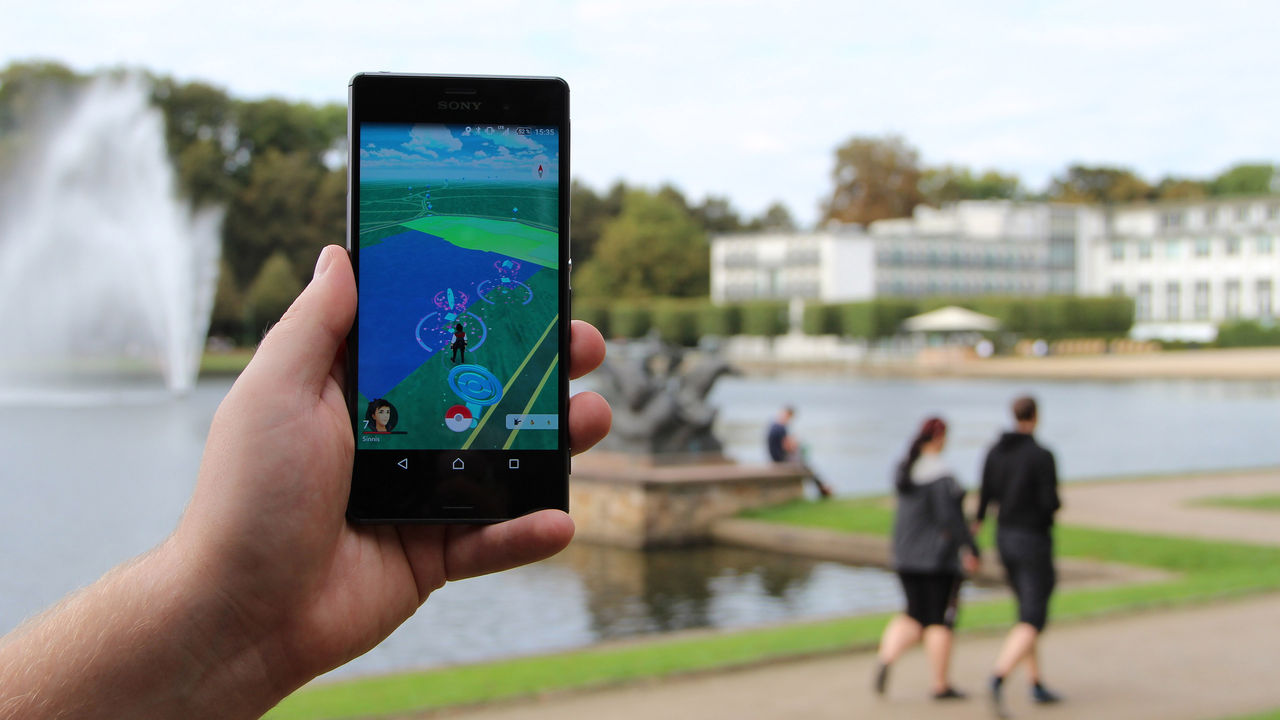Pokémon GO
The widespread popularity of Pokémon GO presents the first opportunity to observe the geographic effects of location-based gaming at scale.
The Geography of Pokémon GO: Beneficial and Problematic Effects on Places and Movement Ashley Colley, Jacob Thebault-Spieker, Allen Yilun Lin, Donald Degraen, Benjamin Fischman, Jonna Häkkilä, Kate Kuehl, Valentina Nisi, Nuno Nunes, Nina Wenig, Dirk Wenig, Brent Hecht and Johannes Schöning
The widespread popularity of Pokémon GO presents the first opportunity to observe the geographic effects of location-based gaming at scale. This paper reports the results of a mixed methods study of the geography of Pokémon GO that includes a five-country field survey of 375 Pokémon GO players and a large scale geostatistical analysis of game elements. Focusing on the key geographic themes of places and movement, we find that the design of Pokémon GO reinforces existing geographically-linked biases (e.g. the game advantages urban areas and neighborhoods with smaller minority populations), that Pokémon GO may have instigated a relatively rare large-scale shift in global human mobility patterns, and that Pokémon GO has geographically-linked safety risks, but not those typically emphasized by the media. Our results point to geographic design implications for future systems in this space such as a means through which the geographic biases present in Pokémon GO may be counteracted.
Ashley Colley, Jacob Thebault-Spieker, Allen Yilun Lin, Donald Degraen, Benjamin Fischman, Jonna Häkkilä, Kate Kuehl, Valentina Nisi, Nuno Nunes, Nina Wenig, Dirk Wenig, Brent Hecht and Johannes Schöning (2017) The Geography of Pokémon GO: Beneficial and Problematic Effects on Places and Movement In CHI '17: Proceedings of the 35th Annual ACM Conference on Human Factors in Computing Systems, 1179-1192. ACM, New York, NY, USA. 10.1145/3025453.3025495 | PDF of Paper | BibTex
